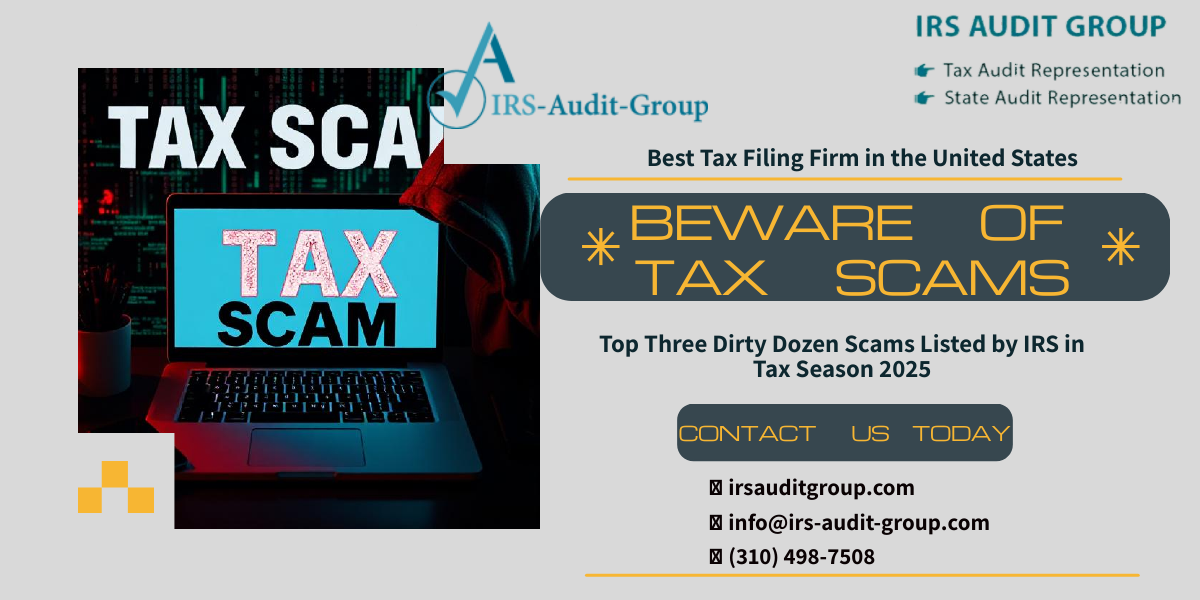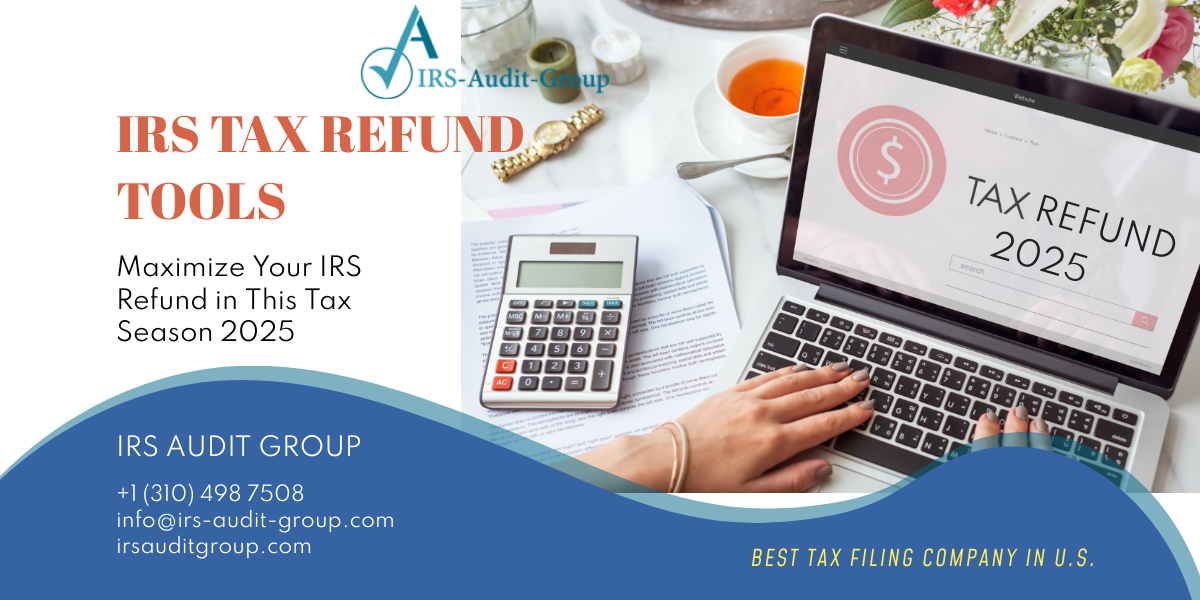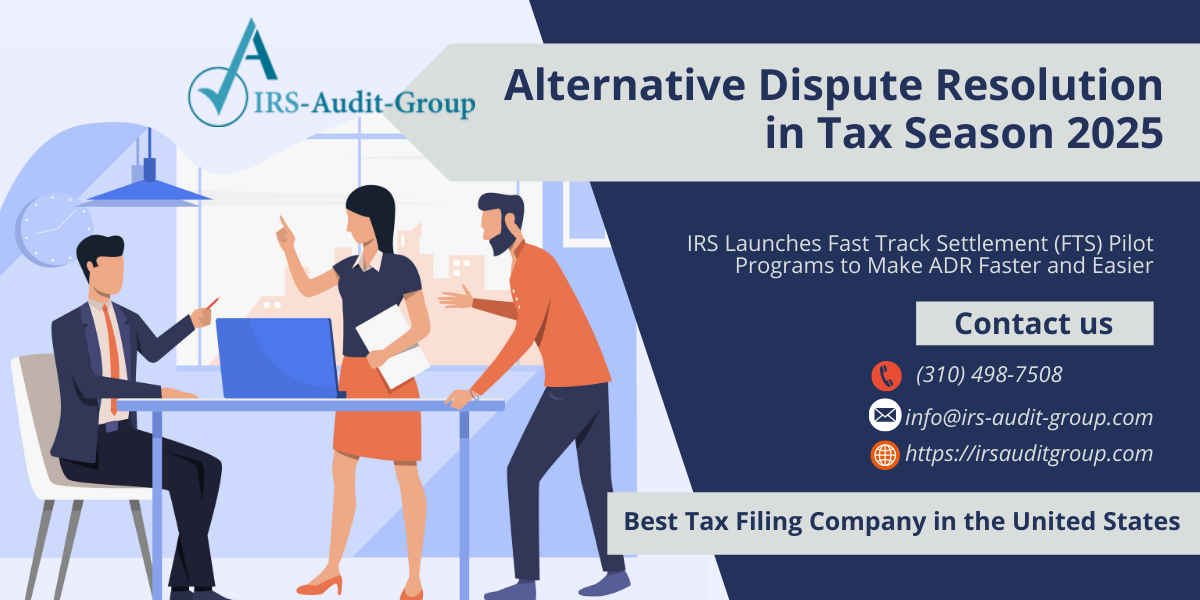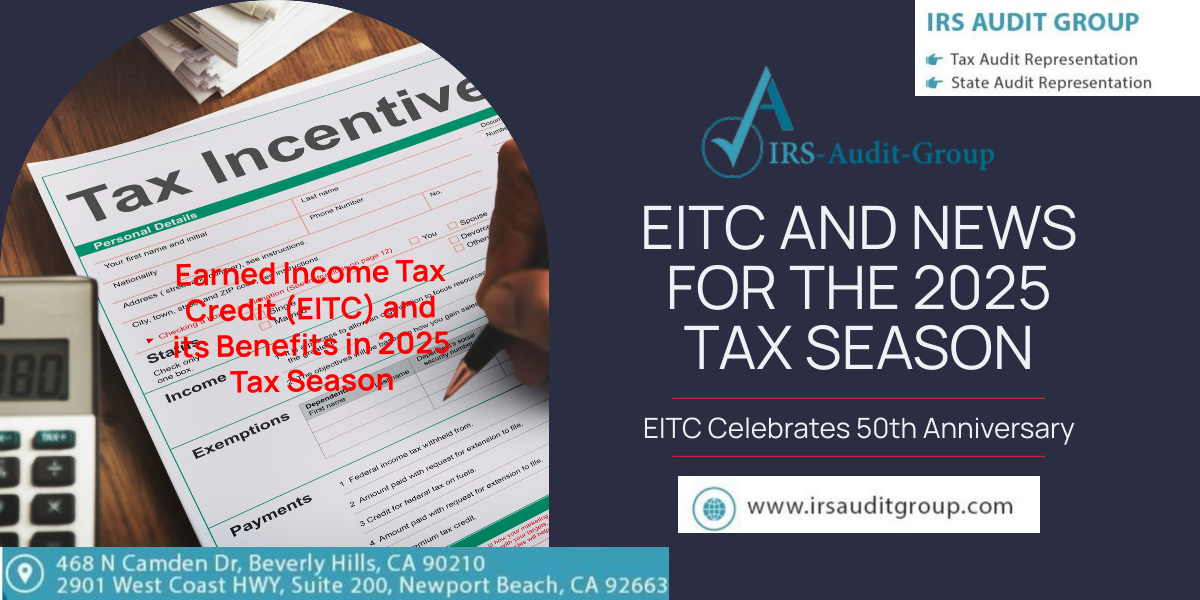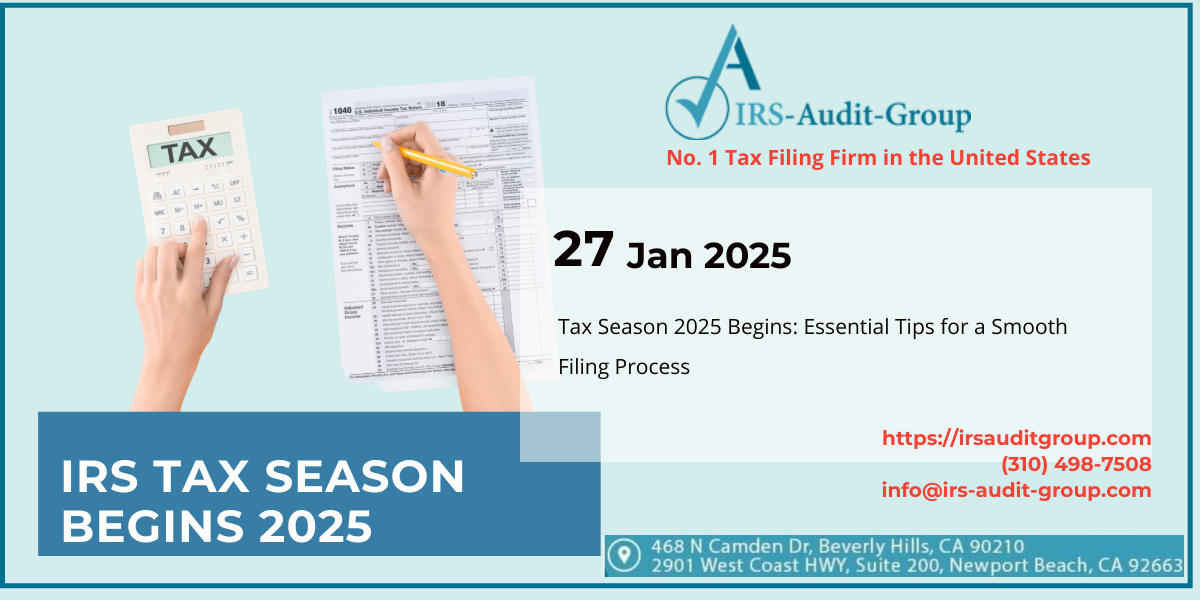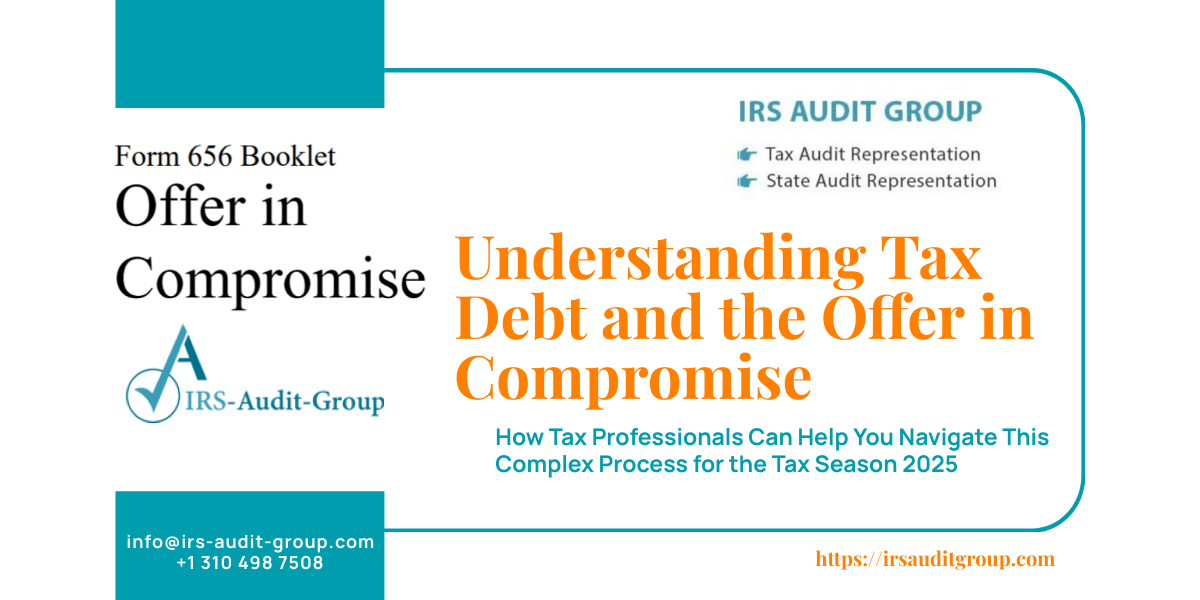As the 2025 tax season begins, tax scams are occurring more frequently, posing risks to taxpayers and making it crucial to stay informed about potential fraud schemes. Fraudsters continuously exploit taxpayers’ lack of tax knowledge, stress, and urgency to steal money or sensitive information. The IRS Dirty Dozen list for 2025 highlights the most prevalent and dangerous tax scams that taxpayers should be aware of to avoid falling victim to fraud.
As a trusted tax audit representation firm, IRS Audit Group encourages taxpayers to stay vigilant and informed about these scams to safeguard their finances and personal data. Below, we discuss three of the most significant tax scams from the 2025 IRS Dirty Dozen list and provide essential tips on how to avoid them.
- Phishing and Smishing Scams
Phishing (email scams) and smishing (text message scams) are among the most common tactics used by scammers to steal personal and financial information, such as Social Security numbers, banking details, and credit card information.
How It Works
- Scammers send fraudulent emails or text messages that appear to come from legitimate organizations like the IRS or a bank.
- These messages often contain malicious links or attachments that install malware or redirect the taxpayer to fake websites.
- Unsuspecting taxpayers who click on these links may unknowingly provide scammers with their sensitive information.
How to Avoid Phishing and Smishing Scams
- Be Skeptical – If you receive an unsolicited email or text asking for personal or financial information, it’s likely a scam. IRS does not ask for such details.
- Use Multi-Factor Authentication (MFA) – Adding an extra layer of security to your accounts can help prevent unauthorized access.
- Keep Your Devices Updated – Ensure your smartphone, computer, and other devices have the latest security updates to protect against malware.
- Verify the Source – Always check the sender’s email address or phone number and contact the organization directly using official channels.
- Inflated Refund Claims
Some fraudsters manipulate tax returns to artificially increase refunds, luring taxpayers into schemes that can lead to serious legal consequences.
How It Works
- False Promises – Scammers guarantee unusually high refunds without reviewing the taxpayer’s actual financial details.
- Fraudulent Tax Preparers – Some unethical preparers ask taxpayers to sign blank forms or submit false information.
- Unrealistic Deductions or Credits – Fraudsters claim deductions or credits that the taxpayer does not qualify for.
- Fees Based on Refund Amount – Scammers charge fees based on the size of the refund, which is illegal and unethical.
How to Avoid Inflated Refund Scams
- Choose a Trusted Tax Preparer – Ensure your tax preparer is licensed and reputable. Avoid “ghost” preparers who refuse to sign returns.
- Review Your Return – Before signing, check that all deductions and credits are accurate and legitimate.
- Ignore Promises of Large Refunds – If an offer sounds too good to be true, it probably is.
- Report Suspicious Activity – File a report with the IRS using Form 3949-A or through the IRS Whistleblower Program.
- Fake Tax Payments via Prepaid Cards
Scammers may impersonate IRS agents and demand tax payments via prepaid debit or gift cards, leading unsuspecting taxpayers to lose money with no way to recover it.
How It Works
- Posing as IRS Officials – Scammers call or email claiming that the taxpayer owes back taxes and must pay immediately.
- Demanding Unusual Payment Methods – Instead of traditional IRS payment methods, scammers insist on prepaid debit cards or gift cards (such as iTunes or Google Play cards).
- Threats and Urgency – Scammers create a sense of fear by threatening arrest, fines, or asset seizures if immediate payment is not made.
- Stealing the Funds – Once the taxpayer provides the prepaid card information, the scammer drains the funds, making recovery almost impossible.
How to Avoid Fake Tax Payment Scams
- Never Pay Taxes with Prepaid Cards – The IRS does not accept tax payments via prepaid or gift cards.
- Verify the Caller’s Identity – If someone claims to be from the IRS, hang up and call the IRS directly at their official number.
- Do Not Share Personal Information Over the Phone – The IRS will never demand sensitive information over an unsolicited phone call.
- Monitor Financial Accounts – Regularly check your bank accounts for suspicious activity.
Stay Protected Against Tax Scams in this Tax Season 2025
By staying informed about the IRS Dirty Dozen scams and following best practices, taxpayers can significantly reduce their risk of falling victim to fraud in the 2025 tax season and beyond.
If you have concerns about tax scams or need professional representation for an IRS audit, IRS Audit Group is here to help. Our team of tax professionals, CPAs, enrolled agents, and tax attorneys specializes in IRS Tax Audit Representation and works with all IRS offices nationwide.
📞 Contact Us Today 🔗 IRS Audit Group
📧 info@irs-audit-group.com
📞 (310) 498-7508

